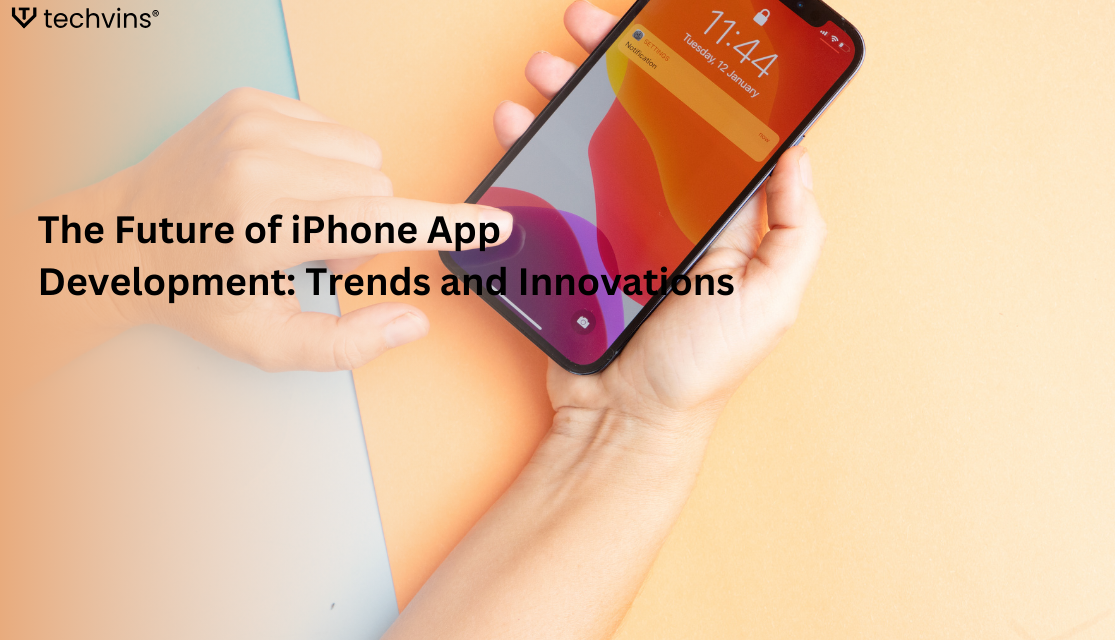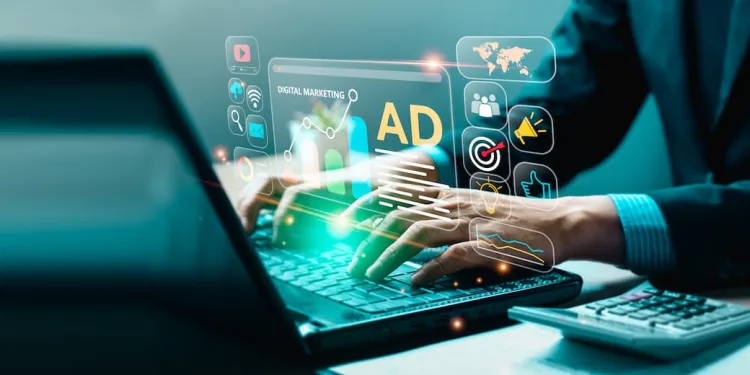The Future of iPhone App Development: Trends and Innovations

Our interactions with technology have changed as a result of the iPhone, and iPhone app development is still developing quickly. There are a lot of exciting opportunities for iPhone app development in the future as Apple releases new frameworks, software, and hardware. We'll look at some of the major developments and trends influencing iPhone app development in the future in this post.
1. Augmented Reality (AR) and Virtual Reality (VR)
Among the most interesting developments for iPhone app developers is the emergence of virtual reality (VR) and augmented reality (AR). Developers may produce engaging augmented reality experiences that combine digital and physical content with Apple's ARKit. AR is predicted to become a crucial component of iPhone apps in the upcoming years, particularly in industries like gaming, education, retail, and healthcare. Additionally, the possibilities for VR are growing as iPhones and AR headsets open the door to more dynamic and captivating experiences, providing a fertile foundation for creativity.
2. Artificial Intelligence and Machine Learning
The development of iPhone apps has already been impacted by artificial intelligence (AI) and machine learning (ML), and this influence will only increase in the future. Apple has made it simpler for developers to incorporate AI and ML into iOS apps with the release of Core ML and the Create ML framework. Personalized experiences, enhanced speech recognition, predictive text, image recognition, and much more are made possible by this. iPhone apps will becoming smarter and more intuitive as AI advances, providing smooth interactions and real-time adaptive user-centric features.
3. 5G Connectivity
iPhone app creation will be at the vanguard of the revolution in mobile device usage that the introduction of 5G technology is expected to bring about. Developers will be able to create apps that offer new possibilities, like real-time HD video streaming, gaming, and augmented reality experiences, thanks to 5G's higher upload and download rates, reduced latency, and enhanced network dependability. More data-intensive applications, including Apple those in industries like healthcare, banking, and media, will be able to function better on iPhones thanks to 5G's greater speed and efficiency.
4. Enhanced Privacy Features
Apple has continuously established itself as a pioneer in security and privacy, and it is anticipated that this pattern will hold true for iPhone app development going forward. Apple has offered consumers more control over their personal data with new privacy features including App Tracking Transparency and privacy labels in the App Store. Future iPhone apps must prioritize privacy by including features that safeguard user information, maintain transparency, and adhere to international privacy laws. Developers must concentrate on establishing user trust by including privacy-conscious techniques into their applications.
5. SwiftUI and App Development Simplification
The preferred tool for developing iPhone apps is SwiftUI, which is Apple's declarative framework for creating user interfaces. SwiftUI improves the efficiency of the development process by enabling developers to create apps more quickly and with less code. It is anticipated that SwiftUI will significantly streamline app development as it develops, lowering the learning curve for novice developers and facilitating quick prototyping. iPhone apps will consequently become more aesthetically pleasing, user-friendly, and available to a larger spectrum of consumers.
6. Focus on User Experience (UX) and Design
Developers are concentrating more on providing outstanding user experiences as the app market becomes more competitive. Design-first methodologies will be given top priority in iPhone app development going forward, guaranteeing that applications are not only useful but also visually appealing. App design innovations like sophisticated animations, gesture-based user interfaces, and dark mode capabilities will remain essential for increasing user engagement and enjoyment. Developing applications that feel smooth, intuitive, and sensitive to user needs will be the main objective.
Conclusion
With developments in technology like augmented reality, artificial intelligence, 5G, and privacy influencing the next generation of iOS apps, the future of iPhone app development is definitely intriguing. Developers will have more chances to produce inventive and captivating user experiences as Apple keeps pushing the limits of what is feasible with its hardware and software. iPhone apps are expected to become more intelligent, user-friendly, and captivating than ever before, with an emphasis on enhancing connectivity, user experience, and privacy. For both developers and users, the developments and trends covered in this article are only the start of an exciting adventure.







